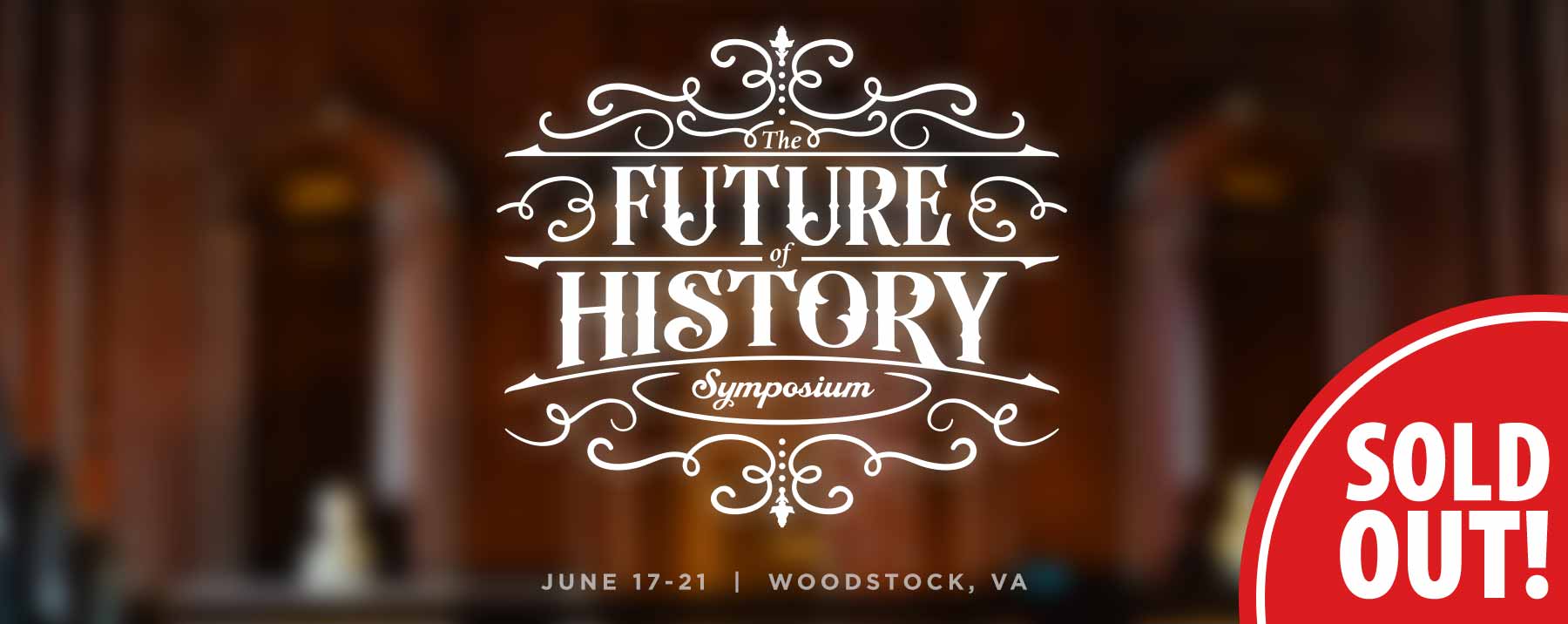
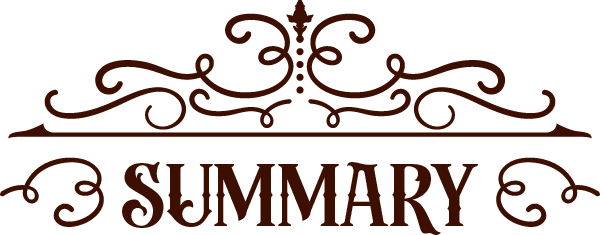
![]() niversity History majors usually wait for at least two years before they get to the content areas they are most interested in. Certain courses that would be helpful tend to be deferred to graduate school and some subjects of importance are never broached. On top of all that, secular departments teach every course from an evolutionary perspective; a professor who believes in transcendent truth is a rare find.
niversity History majors usually wait for at least two years before they get to the content areas they are most interested in. Certain courses that would be helpful tend to be deferred to graduate school and some subjects of importance are never broached. On top of all that, secular departments teach every course from an evolutionary perspective; a professor who believes in transcendent truth is a rare find.
For several years Landmark Events has planned to provide an intensive history curriculum that prepares students to resist the propaganda of humanistic and pagan professors, but even more, to help them develop a practical, biblical philosophy of history. Christian students should be reading the right books and discussing salient topics, including learning the modern revisionist ethos that is hostile to Christian truth. A faith-based historiographic survey of the past is long overdue for teachers and students alike. We have assembled an intensive multi-faceted series of lectures, discussions, and symposia that will be intellectually stimulating, highly practical, and thoroughly biblical. Our faculty will be led by Dr. Bill Potter with assistance from renown Christian historians who have specialties in vital areas of knowledge.
We want the next generation to understand how to use historical research from source documents and to read the best historical analyses and writing available. They need to appreciate the providences of God regarding our own national history, enjoy defending the truth, and not be fearful of the name-calling and intimidation of those whose goal is to destroy our past for the sake of secular/humanistic social and political agendas. We will equip you to visit historic sites and museums and understand the interpretations from a Christian worldview perspective.
The Inn at Narrow Passage
We crafted this event with three purposes in mind

To prepare the next generation of Christian Historians and Tour Hosts to continue the work of Landmark Events.

To facilitate the launch of more Christian History tour organizations, whether they be under the Landmark banner or independent.

To equip the saints to better understand where we are, how we got here, and how best to move their family forward in hope and joy.
Registration is limited to 20 individuals to ensure a concentrated and interactive experience with both faculty and fellow students.
Consider contributing to the success of this event by sponsoring a student through a donation to Landmark Events.
Please indicate “Symposium Scholarship” in the note field when making your donation.
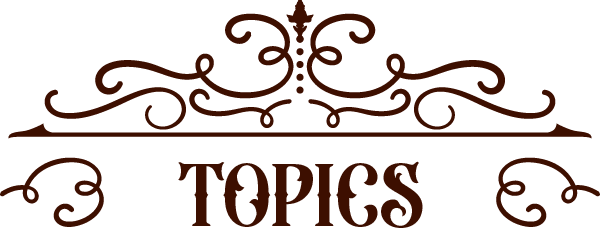
Biblical Philosophy of History
Every historian has core beliefs that effect how he interprets history. As a Christian, the historian must be self-conscious about his theological presuppositions and develop a biblical philosophy of history. We will learn what and how our theological principles inform historical interpretation, such as the biblical view of God, Man, Revelation, Sin, Redemption, etc. and compare them to those whose religious commitments oppose or contrast to Christian belief.
The Book of Genesis as History
If your starting point is in error, what follows will also be flawed. We will explore the central importance of Scripture, beginning with Genesis, and the effects evolutionary theory has imposed on historical interpretation.
The Doctrine of Providence
Historians who deny that God has anything to do with mankind and history, if He exists at all, rely on “Luck,” “Chance,” “Fortune,” or some other non-existent contingency plan to explain unexplainable events of the past. Scripture is clear that God uses means to accomplish His ends and the Doctrine of Providence, clung to by Christians for ages, has been appealed to by great men of the past from the Puritans and George Washington, to Robert E. Lee and Ronald Reagan. We need to understand the meaning of Providence and note God’s special providences along with the normal and predictable aspects of providential history.
The Problems of Neutrality, Objectivity, and Logical Fallacies
Because historians are human, each one has a commitment to a belief system. Neutrality in the study of history is impossible. While we need to be as objective as we possibly can, pure objectivity is also a chimera. We are especially subject to various logical fallacies which we need to understand and be sensitive to in our own research and writing.
How to Use Artifacts to Teach History
Material culture of the past can assist us in telling the story or illustrating interesting facts and ideas. We will use several artifacts of the past to illustrate this useful teaching tool.
Historiography, Schools of Interpretation, and the Problem of “Presentism”
Popular culture (“religion externalized”) has certain definitions and/or standards of right and wrong, good and bad, righteous and unrighteous which sometimes are foreign, unknown, or irrelevant to the people of ages past. We need to understand our forebears according to the mores and knowledge of their times rather than impose what certain people of influence today consider interpretive criteria. We do need to know also, what the biblical standards are that do not change from age to age. We will examine what historians of the past have said about people and events and show how every generation has a tendency to translate the past based on its own contemporary ideas and often folly.
The Art of Historical Story-Telling
Renowned historian David McCullough was once asked the key to being an effective historian and he replied: ”six words—tell stories, tell stories, tell stories.” Every historian needs to be scholarly and reliable, with sound documentation, but must still “lure in the reader.” We will discuss that controversial topic and give examples of story-telling well done.
Research, Sources and How To Determine Accuracy
One of the most common questions asked of us at Landmark Events is “how do I know if the historian is telling the truth?” This seminar will seek to answer that important question.
Reading Widely and Building a Personal Library
We are a bit old-fashioned in that we love books themselves, as opposed to scrolling pages on a computer. Modern students of history are taught to research and write and never touch a real book. We will discuss the impact of the ease of electronic data mining and its usefulness, especially regarding sources unavailable in any other format. We will also encourage building a real personal library that will help you in the years to come. Books are sometimes fragile and expensive but they have been here for thousands of years and will last into the future.
The Plague of Critical Race Theory—Origins, Applications, and Counteraction
The ideas behind what is now termed Critical Race Theory have been present in philosophical scholarship for several centuries without gaining credible purchase in the academic study of history. The CR Theorists of today, however, have changed the way history is written and taught on a broad scale of public and private education. The presuppositions and applications of it are false and anti-Christian to its very core and the practical applications of the theories have affected public policy, employment, and education. Present and future historians must grapple with this alarming heresy.
Use and Abuse of the Cinema in Accurate Teaching of History
Many Americans and foreigners only know American history through movies. We will talk about the use of film to convey historical realities, and cite specific ways Hollywood has created or perpetuated stereotypes and classic stories on the big screen.
The Semiotics of American History
Symbols are powerful things and are used to promote or denigrate, get redefined to cater to a political or social agenda, and cannot be dismissed as unimportant. We will discuss the meaning and importance of flags, songs, monuments, and other meaningful representations that have helped define American history for good or ill.
The Importance of Visiting the Sites Where Important Historic Events Occurred
There is a verisimilitude and imaginative advantage to the person who walks the battlefield or visits the home or strolls the cemetery of history-makers. You can read Sir Walter Scott but to visit his home, Abbotsford, is to get to know him and see how he surrounded himself with the writing environment that made him singular and great. The war writer who never walks the battlefield will make unnecessary mistakes. We hope to illustrate this principle with an unforgettable field trip or two.
Should Historians Read or Write Historical Fiction?
Some academics say absolutely not! Others claim that all history is fiction to some extent. How about “Creative Non-Fiction?” Let’s kick these questions around.
New Market Battlefield
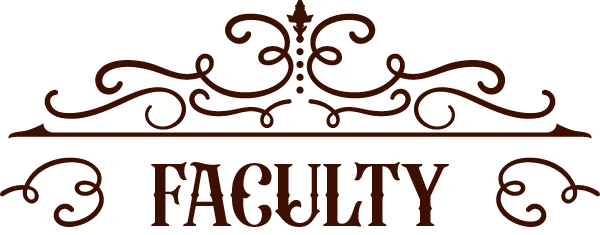
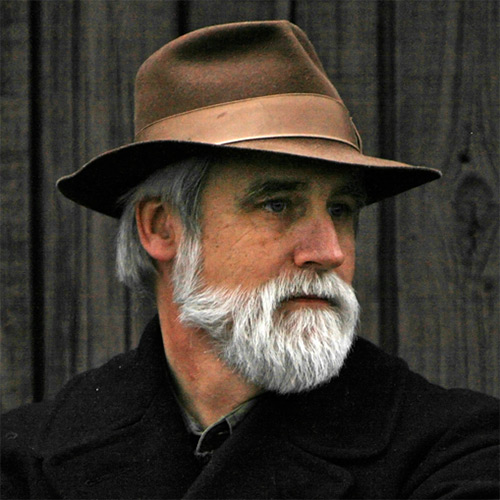 Dr. Bill Potter
Dr. Bill Potter
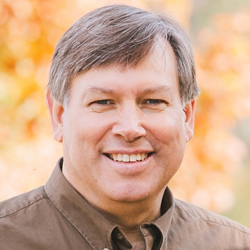 Historian Bernie Beall
Historian Bernie Beall
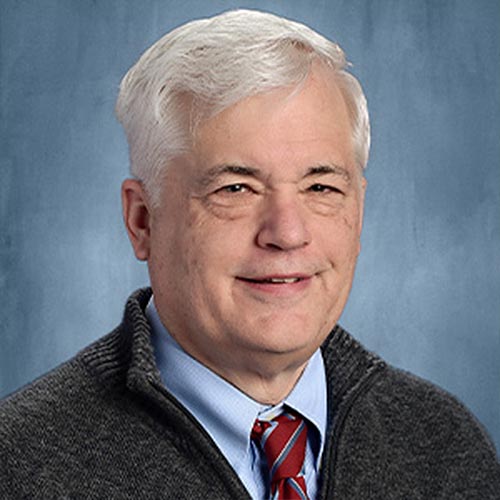 Dr. Paul Jehle
Dr. Paul Jehle
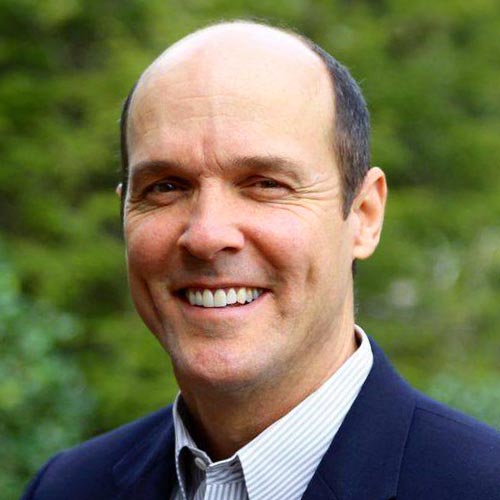 Curtis Bowers
Curtis Bowers
(Via Live Video Feed)
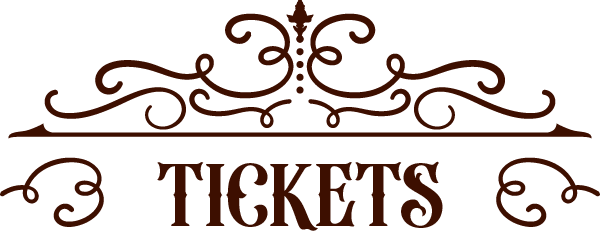
Included in Registration
- 20 + Sessions taught by distinguished Christian Historians
- New Market Battlefield & Museum field trip
- Practical instruction on building your own tours
- Opportunities to join the Landmark Team
- Fantastic fellowship with faculty and new friends.
Ticket Information
*limited scholarships available – email or call 210 885-9351 to discuss.
 Admit One$1000
Admit One$1000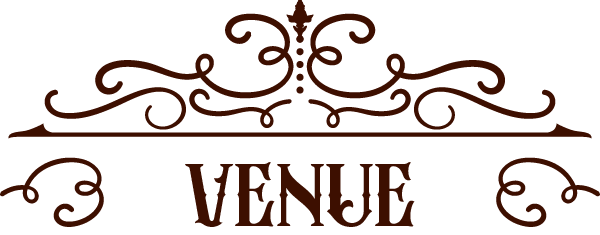
1740—The ‘narrow passage’ on the Great Wagon Road through the Shenandoah Valley of Virginia (now U.S. Route 11) was a popular spot for Indian attacks. Settlers often took refuge behind the inn’s sturdy log walls over the next 20 years.
1862—During the War Between the States, Confederate General Thomas (Stonewall) Jackson made the inn his headquarters during the Valley Campaign of 1862. It was here that he ordered his famed Staff Cartographer Jedediah Hotchkiss to “Make me a map of the Valley.”
1875—The inn became a ‘resort’ along the river for people escaping the heat of the cities. Later it was a private school for young ladies.
1985—Ed & Ellen finish the first round of expansions and officially open for business!
The Inn at Narrow Passage
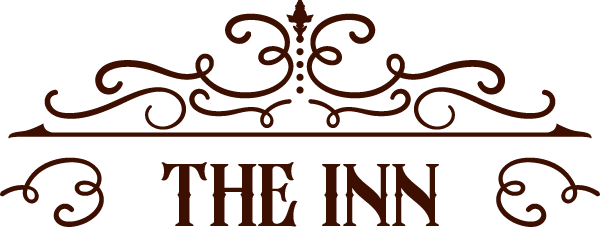
The Inn at Narrow Passage
30 Chapman Landing Rd, Edinburg, VA 22824
(540) 459-8000
The Inn has 12 guest rooms—with either a queen-sized bed, two queens, or a queen and a twin. All have private baths and refrigerators. Room rates $185 per night, including full breakfast for two. When you call for a reservation, we’ll help you choose the room that is just right for you!
Additional rooms available in nearby Woodstock.
We recommend Trip Advisor or VRBO to research the best place for you.
We are limited to 20 students, so reserve your seat today!
Hampton Inn Woodstock 1150 Motel Dr. Woodstock, VA (2.5 miles from The Inn at the Narrow Way)
We have rooms under Landmark Events for $159 per night starting on Sunday 16 through the 21st. Click here to reserve online or call (540) 459-7111 and ask for the Landmark Events block – Group code: CHHLME
There are plenty of there places to stay from B&B’s to hotels and campgrounds. We recommend Trip Advisor or VRBO to research the best place for you.

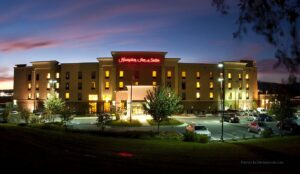
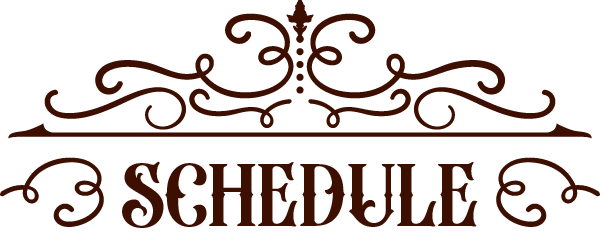
Note: Schedule days and venues subject to change.
Monday, June 17
| 1:00pm | Registration Opens | |
| 2:00pm | Welcome | |
| 3:00pm | Session 1 | |
| 5:30pm | Dinner Break | |
| 7:30pm | Session 2 |
Tuesday, June 18
| 9:00am | Session 3 | |
| 10:30am | Session 4 | |
| 11:30am | Lunch Break | |
| 1:30pm | Session 5 | |
| 3:00pm | Session 6 | |
| 4:30pm | Session 7 | |
| 5:30pm | Dinner Break | |
| 7:30pm | Session 8—Film Study |
Wednesday, June 19
| 9:00am | Session 9 | |
| 10:30am | Session 10 | |
| 11:30am | Lunch Break | |
| 1:30pm | Session 11—Field Trip to New Market Battlefield | |
| 4:30pm | Session 12 | |
| 5:30pm | Dinner Break |
Thursday, June 20
| 9:00am | Session 13 | |
| 10:30am | Session 14 | |
| 11:30am | Lunch Break | |
| 1:30pm | Session 15 | |
| 3:00pm | Session 16 | |
| 4:30pm | Session 17 | |
| 5:30pm | Dinner Break | |
| 7:30pm | Session 18—Film Study |
Friday, June 21
| 9:00am | Session 19 | |
| 10:30am | Session 20 | |
| 11:30am | Lunch Break | |
| 1:30pm | Session 21 | |
| 3:00pm | Session 22 | |
| 4:30pm | Session 23 |




